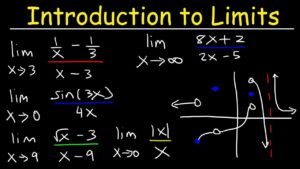
Leading the index alongside racism, guns, and the forced birth, it’s pandering. And it’s not even close.
Dr. K takes on rural rage in a column this week:
In terms of resources, major federal programs disproportionately benefit rural areas, in part because such areas have a disproportionate number of seniors receiving Social Security and Medicare. But even means-tested programs — programs that Republicans often disparage as “welfare” — tilt rural. Notably, at this point rural Americans are more likely than urban Americans to be on Medicaid and receive food stamps.
And because rural America is poorer than urban America, it pays much less per person in federal taxes, so in practice major metropolitan areas hugely subsidize the countryside. These subsidies don’t just support incomes, they support economies: Government and the so-called health care and social assistance sector each employ more people in rural America than agriculture, and what do you think pays for those jobs?
What about rural perceptions of being disrespected? Well, many people have negative views about people with different lifestyles; that’s human nature. There is, however, an unwritten rule in American politics that it’s OK for politicians to seek rural votes by insulting big cities and their residents, but it would be unforgivable for urban politicians to return the favor. “I have to go to New York City soon,” tweeted J.D. Vance during his senatorial campaign. “I have heard it’s disgusting and violent there.” Can you imagine, say, Chuck Schumer saying something similar about rural Ohio, even as a joke?
Not without conniptions from across the spectrum, including the so-called liberal media – which would probably be leading the charge for apologies. That’s a sort of reflexive pandering that doesn’t even work, performance that no one believes nor allows credit but still happens. And it provides confirmation for the entire industrial pandering complex to double their efforts.
All the hokum about IRS funding we’re about to hear, in the same breath as concerns over budget deficits no less, is merely beating a drum that has been fine-tuned. A lot of this malfeasance lies at the feet of journalism schools and the savvy of corporate media. Politicians who are supposedly afraid of men in dresses and American history now traffic exclusively in hate, and whether it’s performative or not matters not a whit. The results are the same.
Rural voters and the politicians who fan their rage may also be entitled to find out that patience for their antics has limits. Like children, they are absolutely in search of them.
Image: Calculus 1, intro to limits, via the internet
